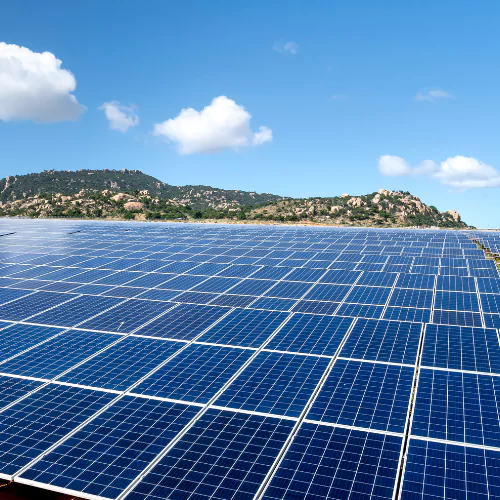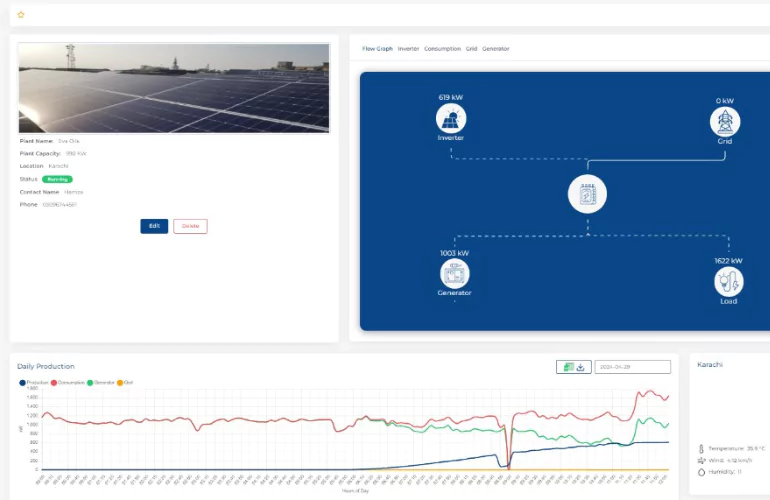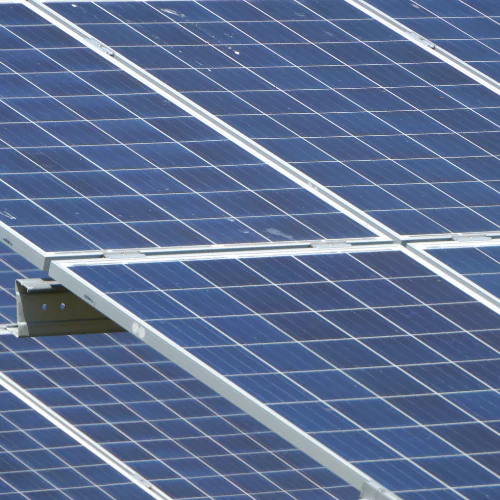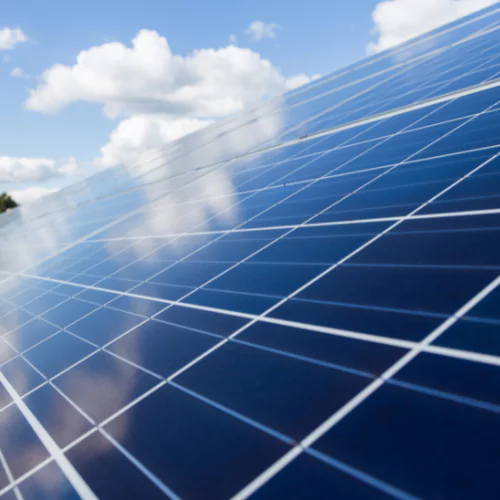Exploring Off-Grid Solar Systems: A Complete Overview
In recent years, off-grid solar systems have gained significant traction as a viable and sustainable energy solution. This comprehensive guide delves into the world of off grid systems, covering their functionality, benefits, considerations, and environmental impact.
Off-Grid Solar Systems
Off grid solar system, also known as standalone solar systems, operate independently of the traditional electricity grid. They consist of solar panels, a charge controller, a battery bank, and an inverter. Solar panels capture sunlight and convert it into electricity, which is stored in batteries for use when sunlight is not available.
Benefits of Off-Grid Solar Systems
This system offer several advantages, including complete energy independence, reliable power supply in remote areas or during grid outages, reduced reliance on fossil fuels, and lower long-term electricity costs. They are especially beneficial for locations with limited or no access to the grid.
Considerations for Off-Grid Solar Systems
Before opting for an off grid system, considerations such as energy consumption requirements, available sunlight, battery storage capacity, system maintenance, and backup power options during extended periods of low sunlight should be carefully evaluated.
Environmental Impact
It contribute positively to the environment by reducing greenhouse gas emissions and minimizing reliance on non-renewable energy sources. They play a crucial role in mitigating climate change and promoting sustainable energy practices.
Conclusion
Off grid solar represent a sustainable and resilient energy solution, offering energy independence and environmental benefits. As technology advances and costs decrease, off grid solar continue to be a viable option for off-grid living, remote locations, and eco-conscious individuals seeking a greener energy alternative.
Also Check:






